Sleep better with CBD for insomnia
This might help you:
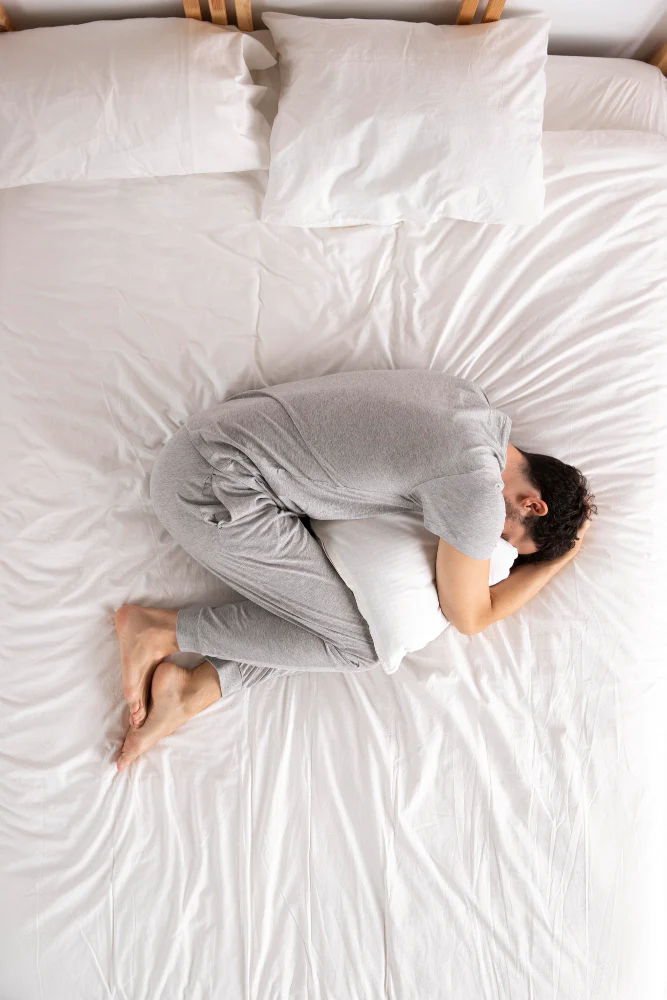
What are sleep disorders? - Definition
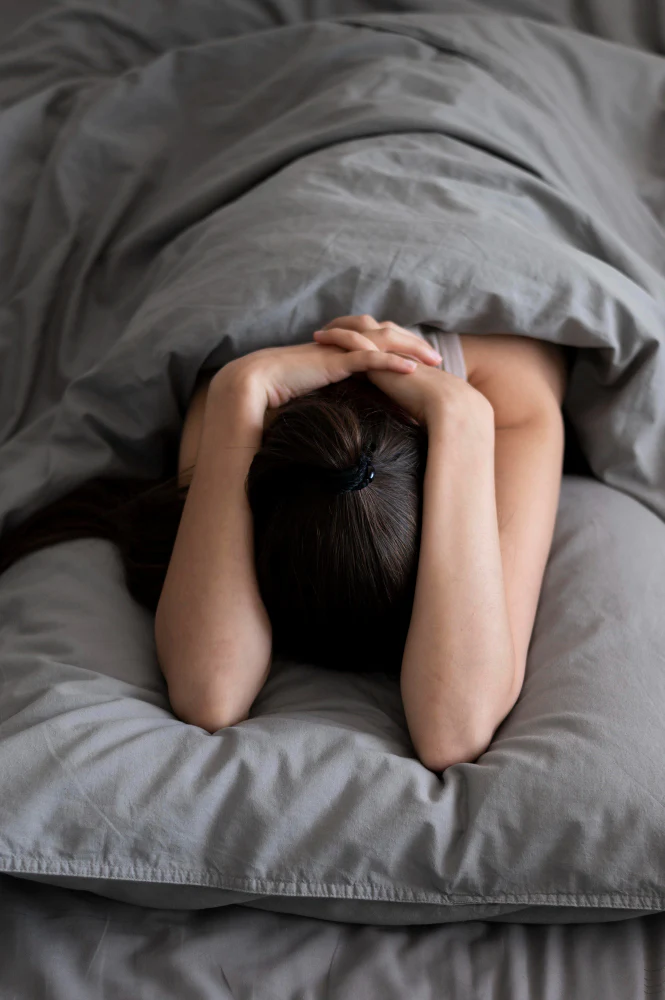
Causes of sleep disorders
Sleep disorder Symptoms

Sleep disorders diagnosis
CBD for insomnia

Benefits of CBNight sleep drops
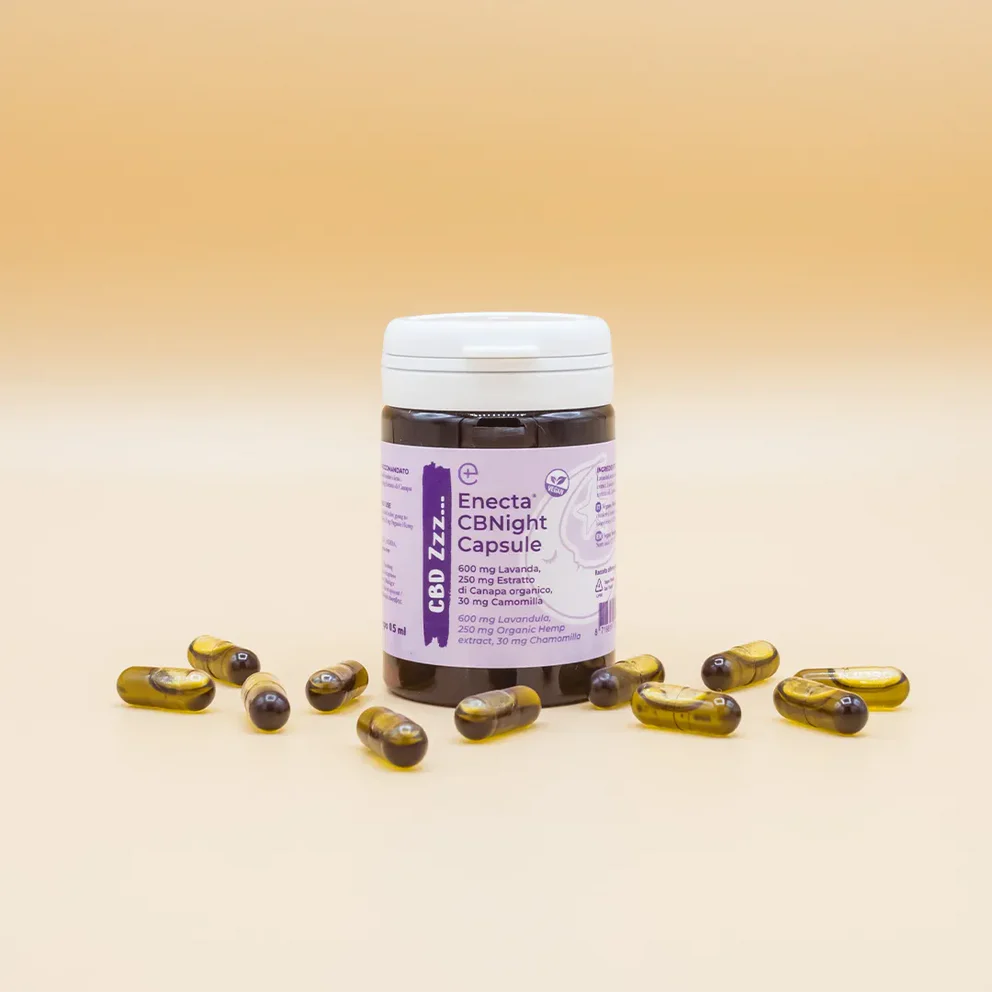
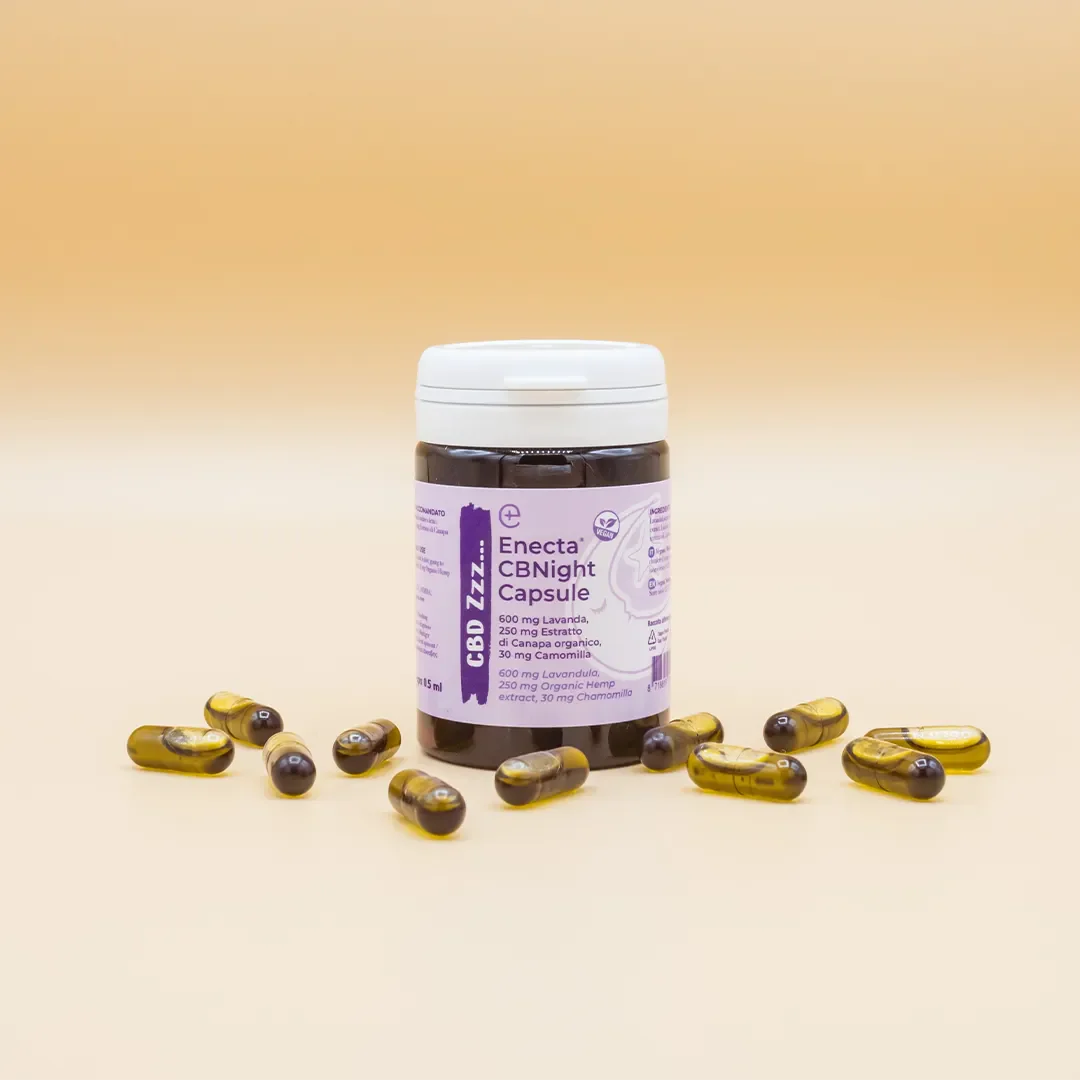
Benefits of CBNight sleep capsules

How to take CBD for insomnia
How to dose CBD for insomnia
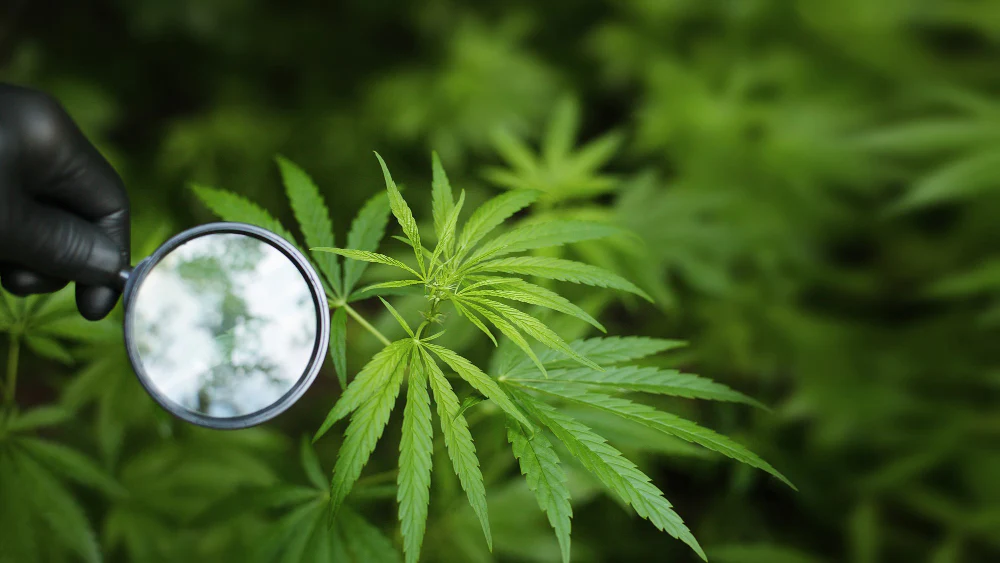
Side effects of CBD for insomnia
Testimonials and studies about CBD for insomnia
Many users report that CBD makes you sleepy, providing effective support for insomnia and sleep disorders. One reads that, especially in the case of sleep problems related to pain, anxiety, and stress, CBD oil and capsules noticeably improve sleep quality.
Researchers, too, are aware of hemp's potential and investigate the sleep-promoting effect of CBD. In a 2020 double-blind clinical trial, 23 test subjects were divided into two groups. The first one took a cannabinoid blend, and the second one a placebo for 14 days. The results confirmed the experience of CBD oil users. All test subjects who received cannabis products fell asleep quicker and slept through the night. The majority of participants reported that this significantly improved their general well-being.
In addition, several studies document CBD's effectiveness in treating anxiety-related sleep disorders. Scientific publications attest to CBD's value in treating certain neuropsychiatric disorders such as epilepsy, anxiety, and some forms of depression. A clinical trial involving 72 adults with anxiety and sleep disorders showed that CBD can have a calming effect on the central nervous system, significantly reducing the symptoms of both disorders.
Moreover, recent studies on sleep and cannabinoids (THC, CBD, CBN, CBG) show that CBD may be promising for treating REM sleep behavior disorders and excessive daytime sleepiness. The Sleep Foundation also recommends CBD to counteract sleep disorders. As for CBN, some studies suggest it may be useful in treating symptoms of ADHD or attention deficit hyperactivity disorder.
A study involving study subjects diagnosed with ADHD found that the intake of high doses of pure CBN led to lower ASRS scores. In addition, both cannabidiol (CBD) and cannabinol (CBN) are thought to have significant analgesic properties. Accordingly, they can help relieve chronic muscle pain, TMJ disorders, and fibromyalgia. On top of that, neither compound causes relevant side effects. Let's now move to melatonin.
According to various scientific reviews, melatonin supplements are well-tolerated and have no negative effects, even if consumed regularly. On the one hand, melatonin has been shown to have antioxidant properties while playing a crucial role in neuronal survival. On the other, it is said to harmonize circadian rhythms, thus improving sleep quality.
Melatonin is helpful not only for insomnia. It also helps manage breathing-related sleep disorders and hypersomnolence. Melatonin is an alternative supplement to currently available pharmaceutical treatments and, unlike them, has almost no side effects.
























